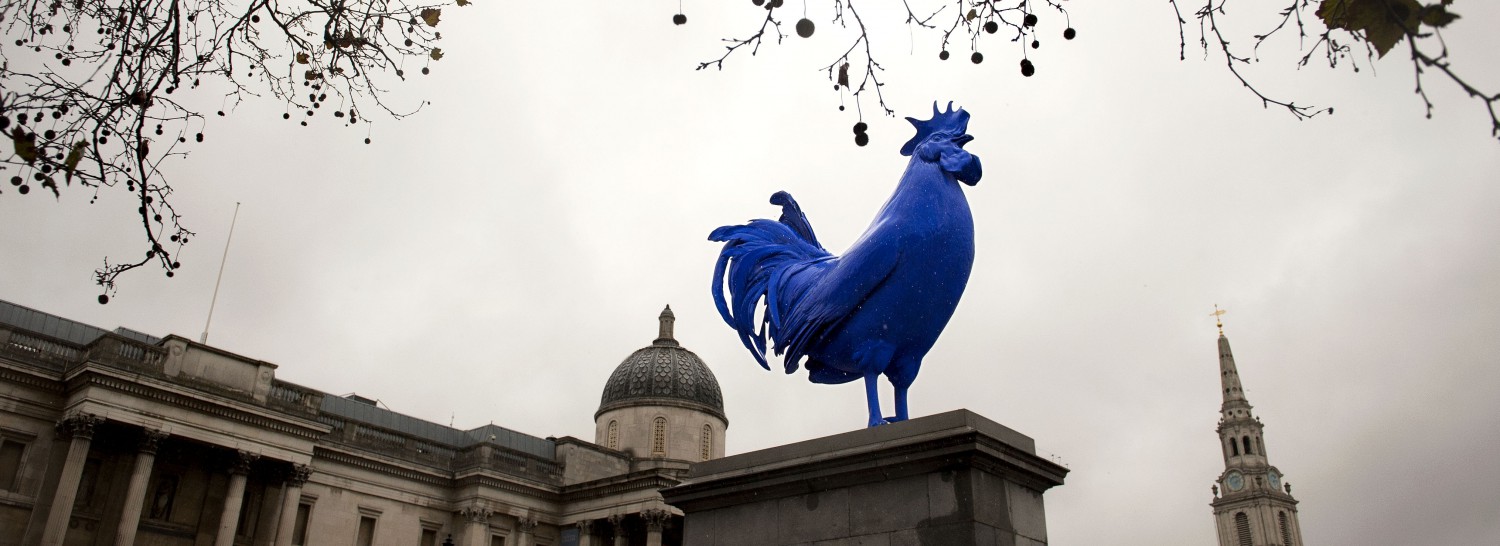Aesthetic Community and Appreciation (or Vice Versa)
Wednesday, 04 December 2024, 16:00-18:00
Senate House, Room 261
.
Aesthetic practices afford social goods, principally, communion. We sing and dance together, we tell stories to, and make handsome objects for one another. Creative expression is (or at least often seems) a social act for which the appreciation of another person is an internal goal. This insight has prompted some aesthetic theorists – recently including Nick Riggle (2022, 2024, forthcoming) and Jessica Williams (forthcoming) – to develop theories of the nature of the aesthetic domain which treat the social function of aesthetic practices as foundational. These views call themselves aesthetic communitarianism. Aesthetic communitarianism holds that the social goods afforded by aesthetic practices play a central role in explaining the normativity of aesthetic value. In this paper, I argue that such theories get the explanatory relation the wrong way around. Social goods do not explain aesthetic value, but they are explained by it.
Through a series of examples, I consider why it is that aesthetic practices can be a site of communion, or togetherness. Drawing from a broader project about the nature of such social goods, I articulate the role of joint attention and external value in what it is like for people to commune with one another. Attending to this subject matter reveals that communion must have an object: something with respect to which parties are joined together. The examples also show that the value of communion must be understood with reference to the value of its object. The value of the principal social goods of aesthetic life are grounded, partly, in that of their aesthetic object: the song, the dance, or whatever. It follows, I argue, that the aesthetic value of those objects cannot also be grounded in that of the social goods they afford – contrary to aesthetic communitarianism.
.
.
Following NHS guidance, all attendees are strongly encouraged to be vaccinated (including boosters) against Covid-19, unless medically exempt. Our group is diverse; please continue to be considerate of those who wear face coverings and those who don’t. Thank you.

